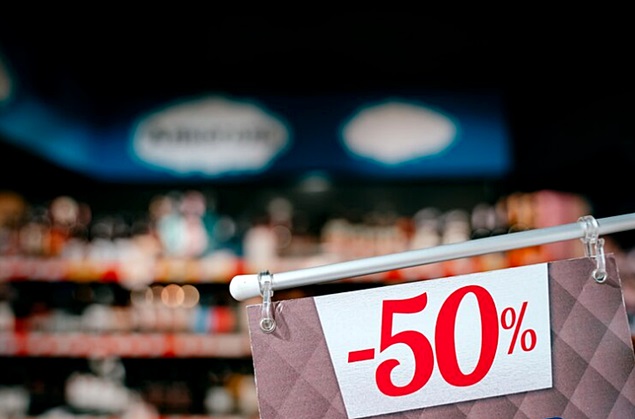1586

Svetofor, Mere, MyPrice: three names, one concept. Two discreet brothers are building a European "super-discounter" with varying degrees of success from the depths of Siberia. What is their modus operandi and what is the secret, wonders RetailDetail, which published the analysis below?
The parent company is from Russia
"MyPrice is the largest chain in the "super-discounter" format on the Eastern European market. We operate in over ten European countries." This is how the completely unknown food retailer presents itself on its own website.
The chain recently opened its first three stores in Belgium (in Boom, Boussu, and Opwijk) and has also announced expansion elsewhere: eight or nine supermarkets in the German state of North Rhine-Westphalia, for example.
It is easy to explain why we have never heard of this "MyPrice" until now: it is simply the new name under which Mere hopes to finally succeed in its European expansion after its inglorious retreat in 2022.
In Eastern Europe, Mere continued to build on the basis of the "old" brand and is now a well-known name, active in many countries. Less known to us is its parent company in Russia, Svetofor.
Formula for success
Svetofor (Russian for "traffic light") was founded in 2009 in the Siberian city of Krasnoyarsk by discreet brothers Sergey and Andrei Schneider.
Little is known about them: they have reportedly never granted an interview. Their business quickly became a formula for success: meanwhile, the chain is among the top five largest food retailers in Russia, writes the independent Russian news website The Bell. Their sales in 2022 exceeded 400 billion rubles (5.5 billion euros at the exchange rate of the time).
The store concept is simple: a changing range of unknown brands, displayed on pallets and in refrigerated rooms in empty halls without any decoration.
Prices are about a quarter lower than at other discount chains. The stores operate with limited staff; the chain prefers low-cost locations outside cities. The retailer does not invest in marketing: everything to reduce costs - and therefore prices.
European expansion
International expansion followed, starting from neighboring countries: in Belarus, Svetofor already has almost 200 stores, in Kazakhstan at least fifty, in Uzbekistan a handful. The company started a European expansion in 2017: meanwhile, the chain has about 100 stores in countries such as the Czech Republic, Lithuania, Romania, Serbia, and Slovakia.
In the following years, Mere tried to further expand into Western European countries, opening stores in Austria, Belgium, France, Germany, Spain, and the United Kingdom.
However, they soon had to abandon those plans, as the stores did not prove to be a commercial success. The war in Ukraine did no favors to the Russian image and also caused supply problems. Banks no longer wanted to finance the company.
Hiding the truth
The chain is now trying again under a different name, indicating that it is trying to hide its Russian origins. Russian products that the chain can no longer sell due to war sanctions are now mainly stocked in Eastern European countries. For payments and financing, the chain increasingly uses cryptocurrencies.
It is difficult to completely hide their Russian roots: Lightkommerz, the Belgian company behind Mere - and now MyPrice - was founded in October 2020 by a single Dmitry Nesterov, a Russian citizen based in Moscow.
Interrupting the supply chain
So far, Mere/MyPrice operations have not been affected by European sanctions, but the question is to what extent store owners, suppliers, banks, and consumers in Western Europe will be willing to deal with a company openly Russian-owned, given the war in Ukraine, even if the brothers behind the company are not known as big supporters of Putin.
Furthermore, fundamental questions can be asked about the business model, which is at least partially based on selling surplus stocks.
However, in today's economy (with its supply chains heavily disrupted by various factors), there is almost no surplus: scarcity is the new normal.
This raises doubts about the potential of MyPrice or indicates government support from Moscow, according to the analysis cited. (Photo: Freepik)





